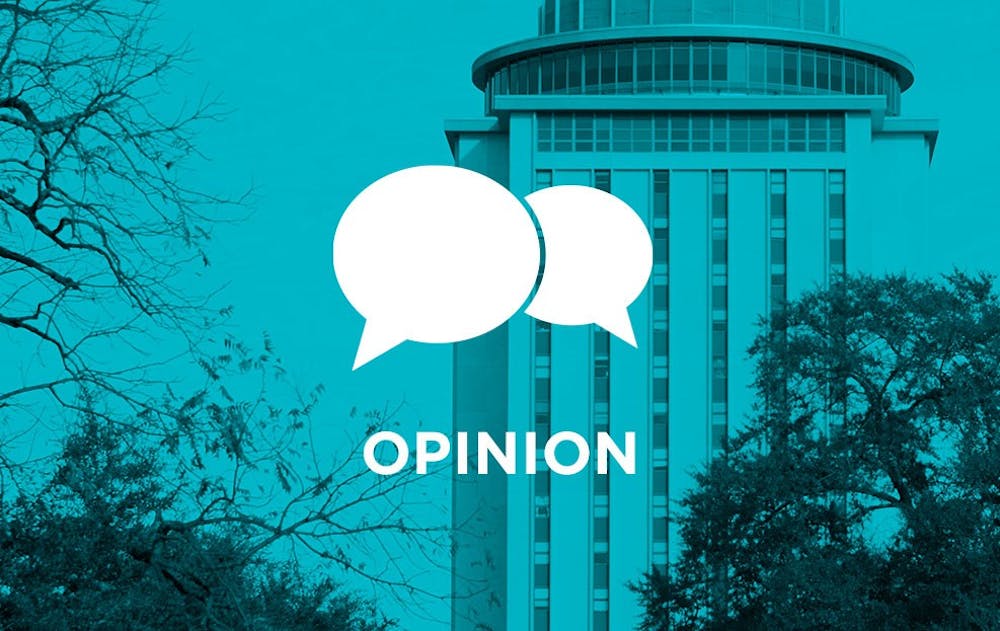When I was 17 years old, I did not understand the impact of certain relationships and how they can be deemed inappropriate. I was close friends with one of my teachers to the point of it seeming like we were best friends. I told this teacher things about my life that I did not tell my high school friends, not realizing the inappropriateness of our closeness.
The relationship came about because I was a lonely teenager and did not know any better, similar to Samantha Farber, who told The New York Post about how she was really close with one of her teachers and he wrote her an inappropriate note. Teachers are adults and an authority figure in the lives of their students and need to know where the line should be drawn with students, because if they do not keep this in mind, they could use their power negatively.
Teachers and professors are automatically in a position of power. They are given the ability to reprimand students, whether that be because of cheating, talking in class, etc. They are in a position where they tell their students what to do, and if they do not follow through, they could fail the class or be kicked out.
Teachers and professors sometimes use their power to take advantage of a student knowing that they can silence them and get away with it. Recently, an Ohio University student by the name of Tess Herman had to file a civil lawsuit against the university due to the fact that it was “deliberately indifferent” to journalism professor Yusuf Kalyango's actions, which led him to “confidently abuse his authority.” The school was attempting to brush this inappropriate relationship aside due to wanting to keep its positive reputation.
Students are often a lot younger than their teachers or professors, so if any kind of relationship past acquaintanceship forms, it is the responsibility of the teacher to end it immediately. Students are easily impressionable, and if you say anything that could be interpreted another way, a student might want to keep the relationship going, not understanding that it can be deemed inappropriate.
At the University of Illinois, its policy focuses on sexual relationships and vaguely worded language, but is not very specific. The problem with this is that the professors have more freedom to get away with sending the wrong signal to students. It is best to just not give your personal contact information to students so you can avoid any of these situations. While some believe that it is okay to be close with your students because they are adults, students are still not the ones in positions of power and cannot defend themselves as easily as professors.
Teenage television shows too often portray these kinds of relationships in a positive light. In the show Pretty Little Liars, there is a relationship between Aria, 16 years old, and Ezra, her English teacher, who is 23 years old. It is later found out that when they first met outside of school, he knew exactly who she was and used it to take advantage of her, knowing he had power over her. This celebrates statutory rape and inappropriate relationships. These shows need to stop romanticizing these relationships and show it is never okay for a teacher to form a romantic relationship with a student.
It is best for teachers to avoid any kind of relationship with their students past acquaintanceship. The positions of teacher and student are completely different, and therefore should remain professional. To do otherwise can lead to inappropriate advancements and relationships that can lead to more than just friendship.

